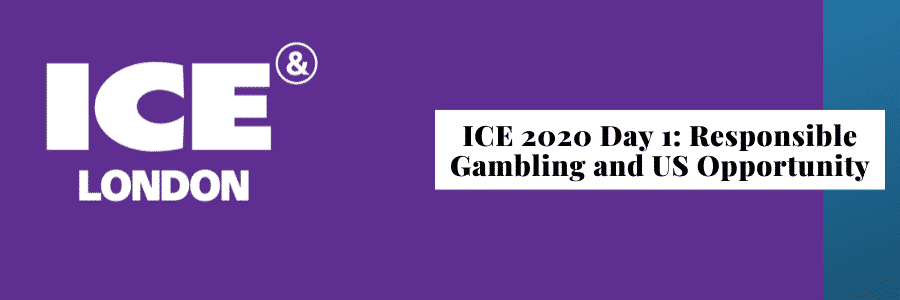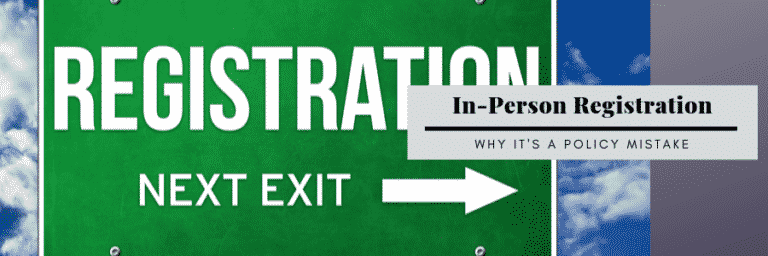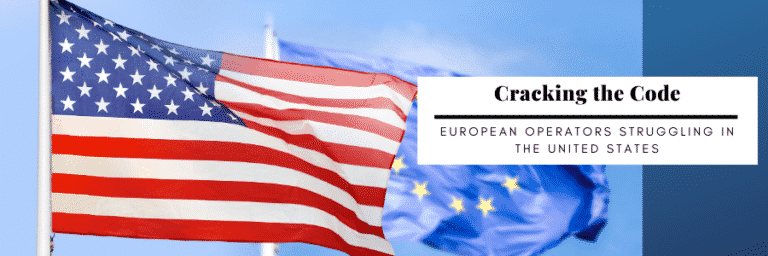‘Things Done Changed’ – ICE 2020 Adapts To New Realities

This year at ICE 2020, Europe’s premier gaming exhibition, it felt like, for the first time, all the action was taking place elsewhere.
In days gone by, Europeans saw the Super Bowl as merely an aperitif for the biggest exhibition on the gambling industry calendar: ICE.
This year, however, the startling fourth-quarter performance from Patrick Mahomes that propelled the Chiefs to their first Super Bowl title in 50 years was more than just a drinking opportunity on the eve of the event.
For obvious reasons, the timing of the biggest event of the US sporting year meant that many of the notable figures from the USA sports betting scene were simply too busy getting down to business back home to travel to London for ICE. American voices were still heard, but far less so than in the previous two years when the excitement about the US sports betting opening was palpable.
But there are other reasons why the attention of the European industry was elsewhere this week.
At the same time that the first day of ICE was taking place, over at Westminster the House of Lords (yes, the UK has a House of Lords – just don’t…) the biggest players in the sector were under questioning from the industry’s critics in Parliament.
Among those in the spotlight were, Kenny Alexander, chief executive at GVC, Ulrik Bengtsson, his equivalent at William Hill, John Coates, joint chief executive at Bet365, and Brigid Simmonds, chair of the newly formed Betting and Gaming Council.
Under questioning, Alexander said that the question of whether the industry was too much “in the face” of the public needed to be addressed. “We really have to think about how we can turn this into a positive,” he told a Lords select committee. “We all agree we have to look at the tonality, how we advertise and the frequency, but I do think there are positive benefits here.”
Responsible Gaming the Talk of Europe
The extent to which the sector in the UK and other regulated territories is now having its feet held to the fire, with responsible gambling and advertising at the top of the list, is the topic of much discussion this week.
The dispiriting decline of the reputation of the gambling sector in the public eye in the UK was at the forefront of a series of seminar debates held ahead of the first full day of ICE by London law firm Wiggin in the City of London.
Rumors have been circulating ever since the general election in December that oversight of the gambling sector might shift from the Department for Digital, Culture, Media and Sport (DDCMS) to the Department of Health.
“This would be an absolute disaster for the industry,” said Simon French, a former City analyst and now a partner at consultancy Bixteth Partners speaking at a seminar hosted on the opening day of ICE by the law firm Wiggin.
As was pointed out in a recent note from Ivor Jones, an analyst at Peel Hunt, this would continue a “transition” for the UK gambling industry which has seen oversight shift first from the Home Office on to the DDCMS. As Jones said, “DDCMS was originally the department of ‘fun’, and when gambling regulation became its responsibility, this reflected a view that gambling was a mainstream leisure activity.”
Now, a shift has taken place, partly due to venomous press coverage, and the attitude of the policymakers has turned ugly.
This shift was addressed by Sarah Hanratty, chief executive at industry responsible gambling group Senet Group, who suggested at the Wiggin seminar that the industry would need to stop the pendulum swinging towards further prohibitions.
“This isn’t just about the gambling sector,” she said. “The interesting aspect of the public health debate is that everyone is trying to look upstream, to spot issues before they become a crisis point. But the flip side is that when you look at population as a whole, you regulate from the extreme prevention of risk. It’s about the balance.”
The M&A Debate Rages On
One other major topic of discussion among the attendees at ICE this year is the deal between DraftKings and SBTech. The latter maintained its full-frontal presence at the event with a huge exhibition stand and for all intents and purposes, suggested to those present that it was business as usual.
Yet, even though the major American figures in the sector stayed away this year, the impact of moves taking place in the US market remained the subject of intense debate. Talking about the impact of US M&A on the sector as a whole, French from Bixteth Partners said the deal between DraftKings Sportsbooks and SBTech “has changed things in some people’s eyes.”
“But just because DK and FD [FanDuel] are ahead of the pack doesn’t mean they are going to be there forever,” he said. “Meanwhile, William Hill and Eldorado have things to prove and the same with MGM-GVC, only more so. There are also some interesting dynamics on at Flutter-Stars.”
The US Opportunity Was the Real Story
Even while the official program of debates discussed issues around marketing and advertising, cybercrime and security, and regulatory issues, it was events back in the US, which remained the most important areas of debate.
Yet there was a warning inherent from the tone of the content at the event this year, more than was the case previously perhaps. In Europe, at least, the industry is under scrutiny like never before and to steal a phrase from Biggie Smalls, the message for the industry elsewhere, including the US, is clear: “If you don’t know, now you know.”
Scott Longley has been a journalist since the early noughties covering personal finance, sport and the gambling industry. He has worked for a number of publications including Investor’s Week, Bloomberg Money, Football First, EGR and GamblingCompliance.com. He now writes for online and print titles across a wide range of sectors.







